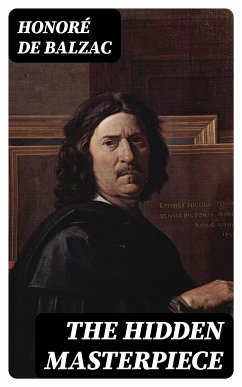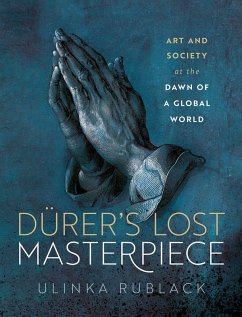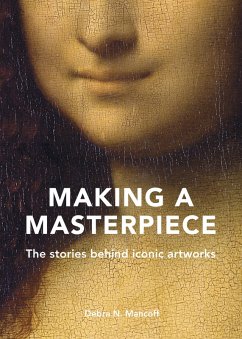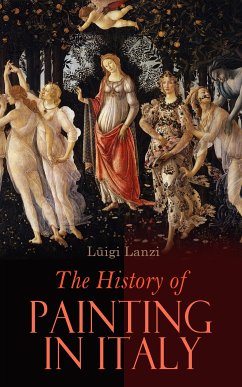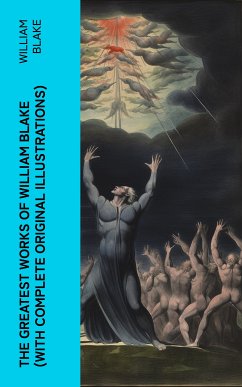
The Unknown Masterpiece (eBook, ePUB)
1845

PAYBACK Punkte
0 °P sammeln!
The Unknown Masterpiece is a short story by Honoré de Balzac. Young Nicolas Poussin is an aspiring artist who pays visit to Porbus in his studio. He is joined by the old maestro Frenhofer as they collectively ideate a new project that will shake the world of art...
Dieser Download kann aus rechtlichen Gründen nur mit Rechnungsadresse in A, B, BG, CY, CZ, D, DK, EW, FIN, F, GR, H, IRL, I, LT, L, LR, M, NL, PL, P, R, S, SLO, SK ausgeliefert werden.






